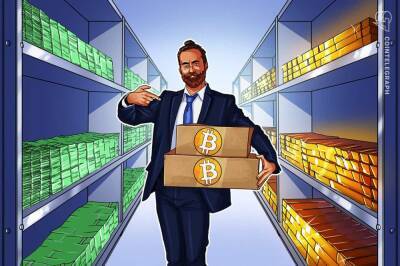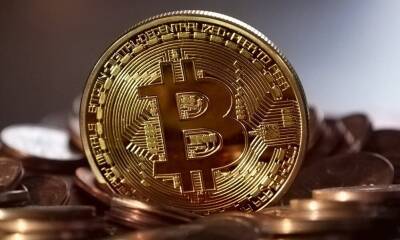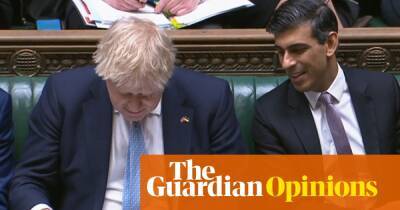Ukraine War: How Russian Aggression Could Derail the Fragile World Economy
Steve Schifferes, Honorary Research Fellow, City Political Economy Research Centre; Professor of Financial Journalism, City, University of London._____
The invasion of Ukraine comes at a delicate time for the world economy, which was just beginning to recover from the ravages of COVID. Russia’s war could now have far-reaching economic consequences, as financial markets tumble and the price of oil soars.
A worrying comparison can even be made to the 1973 Yom Kippur war in the Middle East, which led to an oil crisis. This shook the world economy to its foundations and signalled the end of an economic boom which had done so much to reduce unemployment and raise living standards.
Today the world economy is much larger than it was back then, but it has been growing much more slowly in recent decades. And the pandemic struck a mighty blow over the last two years, with governments forced to spend vast sums on bailing out their own economies.
Now, despite some signs of recovery, the risks of higher inflation and lower growth remain, with large debts limiting the ability of many governments to intervene.
Key to the weakening economic outlook are rising energy costs and continuing disruption to supply chains – both of which will be made worse by the Ukraine crisis. Russia is the EU’s largest supplier of gas and oil, and higher energy costs mean more expensive transport, affecting the movement of all kinds of goods.
But perhaps the biggest risk to the world economy is that a prolonged crisis could tip the world into stagflation, a combination of high inflation and low economic growth. This was a key problem after the 1973 oil crisis, but one which many economists hoped has been consigned to history, with relatively low and stable
Read more on cryptonews.com


















